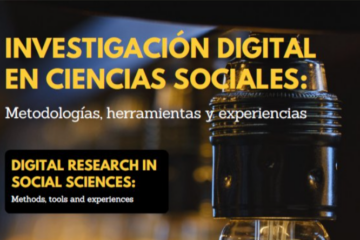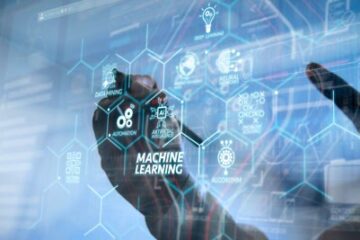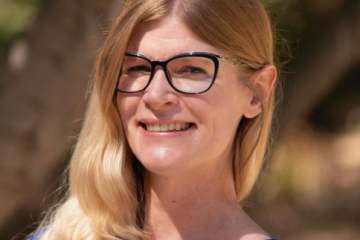Know (ing) Infrastructure: The Wayback Machine as object and instrument of digital research
J Ogden, E Summers, S Walker
From documenting human rights abuses to studying online advertising, web archives are increasingly positioned as critical resources for a broad range of scholarly Internet research agendas. In this article, we reflect on the motivations and methodological challenges of investigating the world’s largest web archive, the Internet Archive’s Wayback Machine (IAWM). Using a mixed methods approach, we report on a pilot project centred around documenting the inner workings of ‘Save Page Now’ (SPN) – an Internet Archive tool that allows users to initiate the creation and storage of ‘snapshots’ of web resources.
PDF









